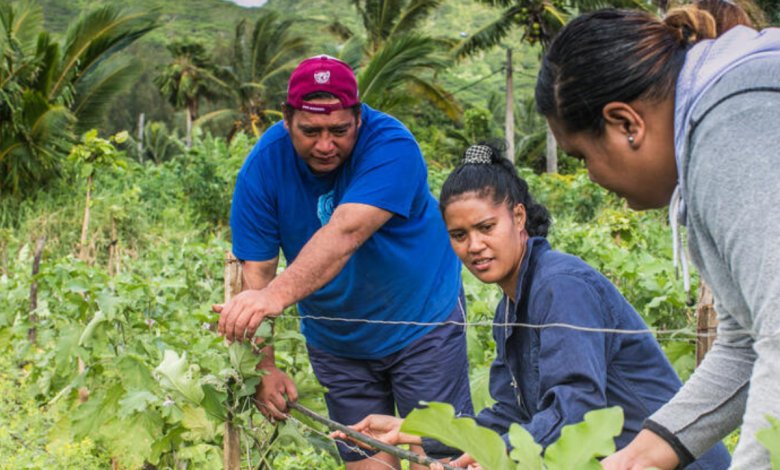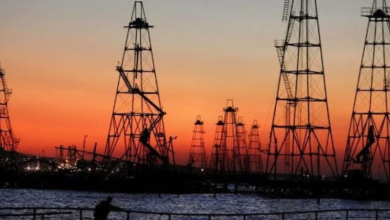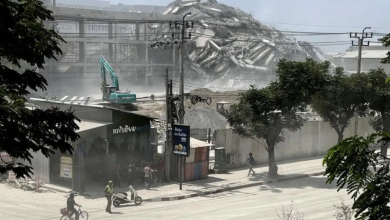AFCIA helps Philippines indigenous communities forge sustainable solutions

In recent years, climate change has been introducing Filipinos’ lives, livelihoods and properties to unprecedented and unbalanced changes. If left unaddressed, the phenomenon could restrict the country’s ability to become an upper-middle-income country by 2040.
Several farmers in the Philippines have been raising concerns over more severe and longer-lasting periods of drought and rainfall. Local indigenous groups are being compelled to adapt to the chaos and effectively address the alarming impacts of the climate emergency.
With UN support, the communities have made significant strides, using the power of centuries-old knowledge to develop sustainable solutions and take on the crisis. The UNDP Adaptation Fund Climate Change Innovation Accelerator (AFCIA) has been lending a helping hand.
Government Promoting Indigenous Knowledge For Conservation
Local tribal leader Jemuel Perino discussed the success of local initiatives in educating his community on effective prevention and mitigation strategies to deal with the concerning changes. He even highlighted the government’s role in promoting indigenous knowledge.
As the Chairman of the Council of Elders of the Bukidnon Umayamnon community, Perino has seen the devastating power of climate change up close. Deforestation, erosion and biodiversity loss have emerged as key threats with concerning impacts on the livelihoods of his people.
In 2012 and 2013, floods wrecked more than a dozen houses of community members along the Pulangi River. Since then, the waterbody has been flooding each year, Perino stressed, adding the river was widened by about 50 m from its regular width in 2022 due to riverbank erosion.
Tackling Pollution While Generating Sustainable Income
The Philippines is counted among the countries most affected by extreme climate events. It was hit by destructive typhoons almost every year over the past decade, with estimated annual losses from those events accounting for about 1.2% of the overall Gross Domestic Product.
In July, Typhoon Doksuri introduced Filipinos to yet another period of flooding and landslides. The disaster compelled some 12,000 to flee while killing at least 39 others. In order to combat such impacts, Perino coordinates a locally organised project, supported by an AFCIA grant.
Also Read: CCICED: China shifting to a high-quality development model
The project seeks to tackle pollution and deforestation while generating sustainable income for the indigenous population by promoting the planting of cocoa and bamboo by local farmers. That includes offering training sessions on cultivating, harvesting and marketing to the people.



